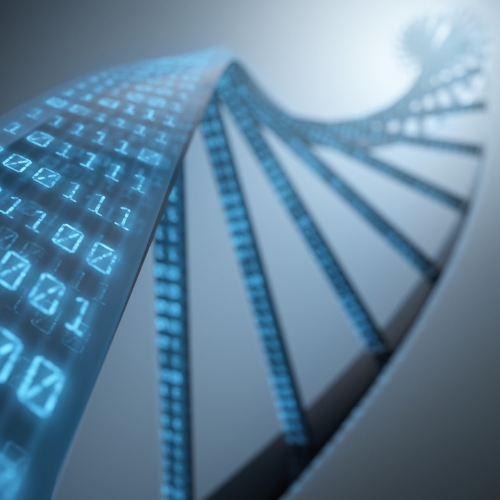Key points from article :
Genetic code underlies life, inheritance, and evolution.
But it only works with the help of proteins.
CRISPR is used to replace over 18,000 codons with synthetic amino acids.
That don’t exist anywhere in the natural world.
The result is a bacteria that’s virtually resistant to all viral infections.
The Scientists precisely snipped out large parts of the E. coli bacterial genome.
New work opens the door to hack multiple existing codons at once.
Jason Chin programme leader said that
"These bacteria may turn into programmable factories that produce a wide range of new molecules.
... have benefits for biotechnology and medicine, including making new drugs, such as new antibiotics."
Most exciting prospect is the ability to dramatically rewrite existing life.
Now it is possible to get past the hurdle of only 20 amino acids by tapping into natural biological processes.
Research by University of Cambridge, published in AAAS.




